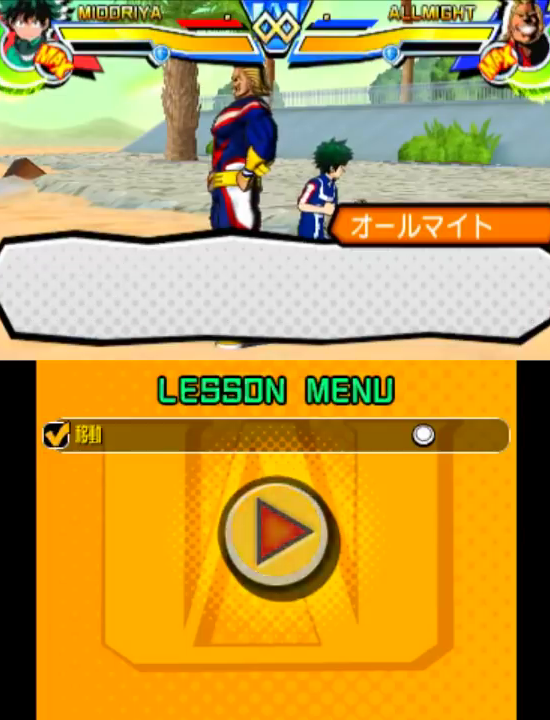
YESASIA: My Hero Academia Battle for All (3DS) (Japan Version) - Bandai Namco Games, Bandai Namco Games - Nintendo DS / 3DS Games - Free Shipping - North America Site

My Hero Academia: Battle for All (3DS) Shouto Story (BEST SOUND QUALITY) | 僕のヒーローアカデミア バトル・フォー・オール - YouTube

YESASIA: Recommended Items - My Hero Academia Battle for All (3DS) (Japan Version) - Bandai Namco Games, Bandai Namco Games - Nintendo DS / 3DS Games - Free Shipping



















